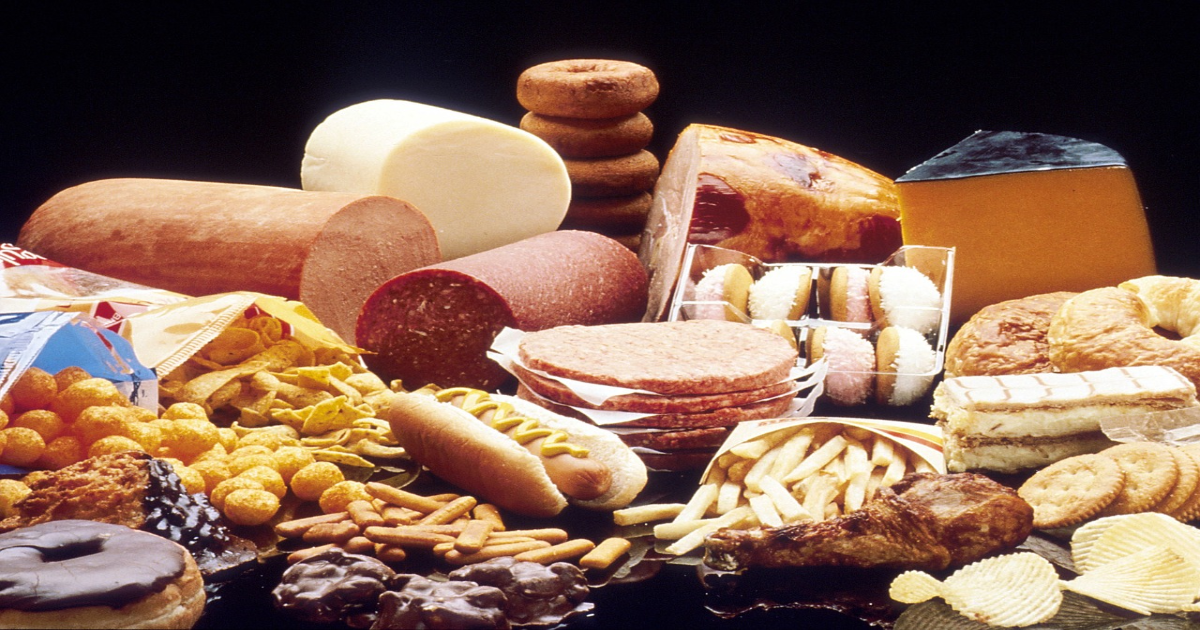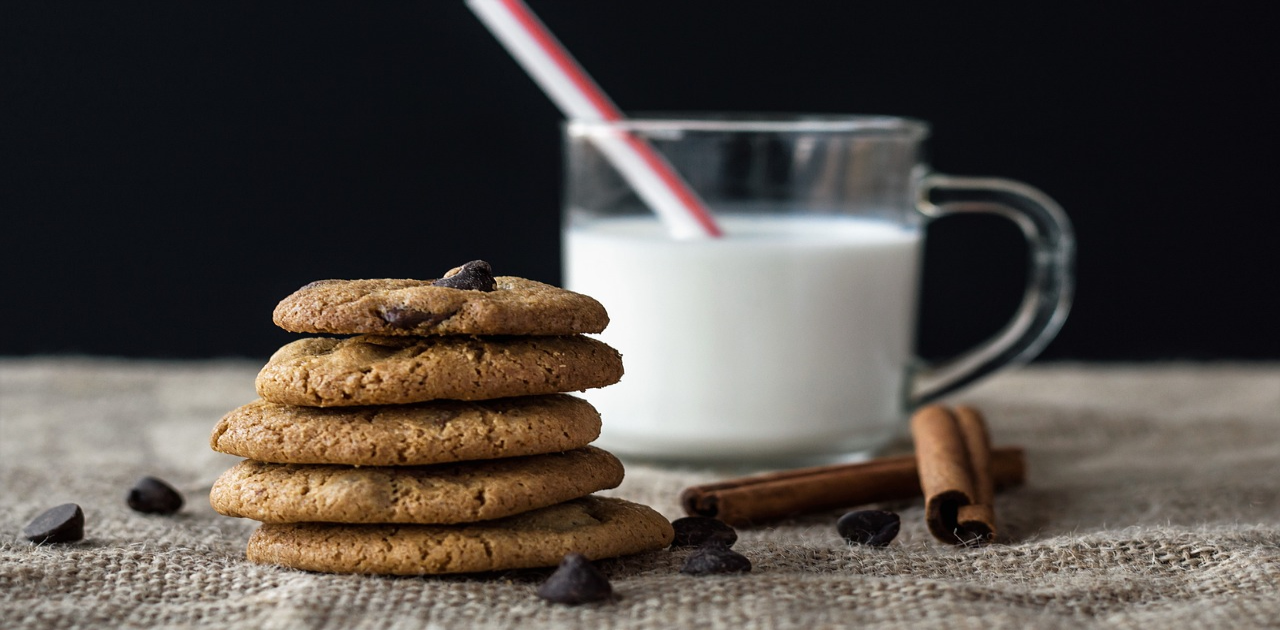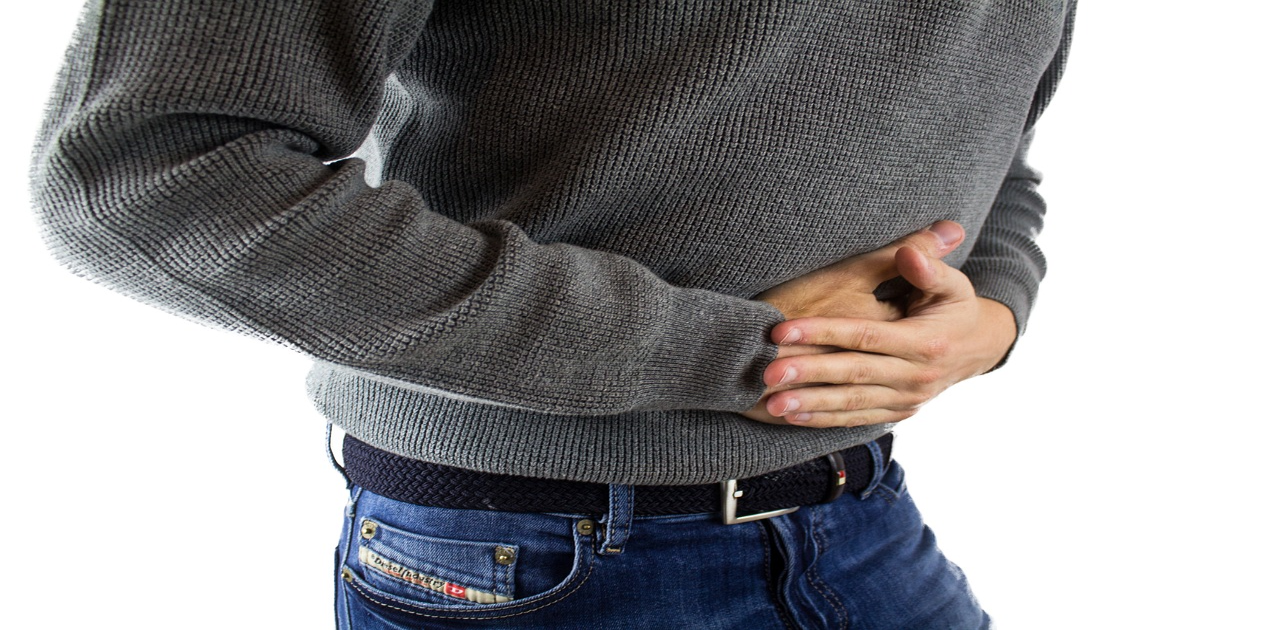When you sit down to enjoy a meal, the last thing you probably think about is its potential impact on your appendix. Yet, what if the stakes were higher than just calories and taste? What if certain foods could actually tip the balance toward a serious health condition like appendicitis? This might sound like a plot twist in a health-themed thriller, but it’s a question worth exploring.
Appendicitis, the sudden inflammation of the appendix, is a medical emergency that affects thousands each year, often leading to surgery. The connection between diet and this abrupt ailment is not only intriguing but also vital for anyone looking to maintain optimal health. While no food can be branded a direct culprit universally, emerging research and anecdotal evidence suggest that our eating habits might play a more significant role than previously thought.
In this blog post, we’ll dive deep into the foods that have been linked to increased risks of appendicitis. We’ll sift through scientific studies and expert opinions to uncover which items might be best to approach with caution. Whether you’re a health enthusiast, a concerned parent, or simply curious, understanding these potential dietary triggers could be crucial for safeguarding your well-being. So, grab your fork, and let’s dig into the facts to see if what’s on your plate might just be a ticking time bomb for your appendix.
What Food Can Cause Appendicitis?
To start with, it’s essential to know that appendicitis happens when the appendix gets blocked, usually by fecal matter, a foreign body, or even cancer. When it’s blocked, bacteria can multiply, causing inflammation and infection. While we can’t say with absolute certainty that specific foods will cause appendicitis, some foods might increase your risk.
Processed Meats and Fried Foods
Let’s talk about processed meats and fried foods. These are the culprits you often hear about when discussing unhealthy diets. Foods like hot dogs, sausages, bacon, and fried chicken are high in fat, sodium, and preservatives. These components can trigger inflammation and damage your digestive system. Fast food and fried foods are associated with a higher risk of appendicitis among children who consume them more frequently than those who consume them less frequently, according to a study published in JAMA Pediatrics. Similarly, another study in the journal Gut found a diet high in red and processed meats linked to an increased risk of appendicitis in both men and women.
Why? These meals’ high fat and low fiber contents are thought to cause inflammation, constipation, and harm to the lining of the digestive tract. This raises the possibility of appendix infection and obstructions. Nitrates and nitrites, preservatives in processed meats, have been connected to several health concerns, including digestive disorders. On the other hand, Fried foods are cooked in oils that can become oxidized and produce harmful compounds when heated to high temperatures. Appendicitis may develop due to these substances irritating the gastrointestinal tract and causing inflammation. So, next time you’re about to indulge in that extra-large order of fries, you might want to think twice.
High-Fat and High-Cholesterol Foods

Moving on to high-fat and high-cholesterol foods can also spell trouble for your appendix. Foods like cheese, butter, and fatty meats can cause digestive problems. They often lead to constipation and bowel irregularities, which can contribute to the inflammation and infection of the appendix. High-fat diets slow the digestive process, making it harder for food to move through the intestines. This slowdown can cause the stool to become stiff and dry, leading to constipation—a known risk factor for appendicitis.
Moreover, high-cholesterol foods like egg yolks, shellfish, and liver can lead to gallstone formation. These can block the appendix and increase the risk of appendicitis. The hardened fluid deposits from the digestive tract called gallstones can obstruct the bile ducts and the appendix. Gallstones can form in your gallbladder. There’s even a reported case of appendicitis secondary to obstruction by gallstones. The high cholesterol content in these foods can also lead to the buildup of plaques in the arteries, contributing to poor digestive health. So, while a buttery lobster might sound delicious, moderation is key. Keeping your intake of high-fat and high-cholesterol foods in check can help maintain a healthier digestive system and reduce your risk of appendicitis.
Refined Carbohydrates and Sugary Snacks
Now, let’s dive into the sweet stuff—refined carbohydrates and sugary snacks. These foods, which include candies, pastries, and sodas, may result in a rapid rise in blood sugar. This spike triggers an insulin rush, promoting inflammation in the digestive tract and perhaps increasing the risk of infection and appendix obstructions. Refined carbs lack their inherent fiber, vitamins, and minerals, so they break down fast and can cause blood sugar to rise. These increases can cause inflammation throughout the body, including the digestive tract.
A diet high in sugar has also been linked to changes in the gut microbiome. This imbalance can promote the growth of harmful bacteria while reducing beneficial bacteria, leading to various gastrointestinal disorders, including appendicitis. The overgrowth of unhealthy bacteria can create an environment in the digestive tract that is prone to infections and blockages. Additionally, sugary snacks often contain artificial additives and preservatives, which can further irritate the digestive system. Remember, consuming these sugary delights in moderation as part of a balanced diet is unlikely to cause appendicitis. But regular, large amounts? That’s where the risk rises. Limiting your intake of refined carbohydrates and sugary snacks can help maintain a healthy gut microbiome and reduce inflammation in the digestive tract, ultimately lowering your risk of appendicitis.
Dairy Products and Other High-Lactose Foods
What about dairy? The link between dairy products and appendicitis is still murky. Some studies suggest that consuming high-lactose dairy products, like milk, cheese, and ice cream, might increase the risk of developing appendicitis. Lactose is a sugar found in milk and dairy products that requires the enzyme lactase to be adequately digested. People who are lactose intolerant lack enough lactase, leading to incomplete digestion of lactose, which can cause gastrointestinal issues.

The lactase tolerance of certain people is insufficient, and the enzyme is needed to digest lactose. Incomplete digestion of lactose can cause bloating, diarrhea, and abdominal pain. This may increase the risk of infection and obstructions by causing constipation and appendix inflammation. Bloating and pain may result from the undigested lactose fermenting in the gut, generating gas and drawing water into the intestines. Again, the evidence isn’t conclusive, but if you’re lactose intolerant, it might be wise to monitor your dairy intake. Keeping an eye on how your body reacts to dairy products can help you avoid unnecessary digestive discomfort and potential complications related to appendicitis. If you suspect you have lactose intolerance, consider consulting with a healthcare provider for proper diagnosis and dietary recommendations.
Spicy and Acidic Foods
Now, for spice lovers, let’s talk about spicy and acidic foods. While there’s limited research directly linking these foods to appendicitis, some studies suggest they can cause irritation and inflammation in the digestive tract. Spicy foods contain capsaicin, which can irritate the digestive system and cause inflammation. Capsaicin is the compound that gives chili peppers their heat, and while it has some health benefits, it can also cause digestive upset in some people.
Acidic foods, like citrus fruits, tomatoes, and vinegar, can also irritate the digestive tract lining. This irritation might increase the risk of infection and blockages in the appendix. Acidic foods can alter the pH balance in the digestive tract, making it more susceptible to inflammation and infection. If you already have digestive discomfort, consuming spicy or acidic foods can exacerbate symptoms and potentially trigger appendicitis. For individuals with conditions like gastritis or acid reflux, these foods can further irritate the stomach lining and lead to more severe symptoms. So, taking it easy on the hot sauce might be a good idea if you’re experiencing any abdominal pain. Moderation is vital for spicy and acidic foods, especially if you’re prone to digestive issues. Listening to your body and avoiding foods that cause discomfort can help you maintain a healthier digestive system and reduce your risk of complications like appendicitis.
Is It Really Appendicitis?
Before you start worrying about every little twinge in your belly, it’s worth noting that several other conditions can mimic the symptoms of appendicitis. These include:
Common Misdiagnoses
One common condition that can be mistaken for appendicitis is gastroenteritis. This is a viral or bacterial digestive tract infection that causes abdominal pain, nausea, and vomiting. Gastroenteritis often presents with similar symptoms to appendicitis, making it difficult to distinguish between the two without medical evaluation. The main difference is that gastroenteritis usually comes with diarrhea, whereas appendicitis typically does not.
Urinary Tract Infections (UTIs) can also cause lower abdominal pain, fever, and severe pain or burning during urination, which can mimic appendicitis symptoms. UTIs are more common in women and can sometimes cause referred pain to the lower abdomen, making it challenging to differentiate from appendicitis without proper diagnostic tests.
Ovarian cysts are another common misdiagnosis. Big cysts may produce lower abdominal pain and discomfort that is misinterpreted as appendicitis. This is particularly true for women, as ovarian cysts can cause sharp, sudden pain that resembles the pain of appendicitis.
Inflammatory Bowel Disease (IBD), including conditions like Crohn’s disease or ulcerative colitis, can cause abdominal pain, diarrhea, and symptoms similar to appendicitis. IBD is a chronic condition that requires ongoing management, and its symptoms can flare up unpredictably.
Pelvic Inflammatory Disease (PID) is an infection of the female reproductive organs that can cause lower abdominal pain and fever, similar to appendicitis. PID is often associated with sexually transmitted diseases and needs immediate medical attention to avoid problems.
If you experience symptoms like abdominal pain, nausea, or vomiting, it’s crucial to seek medical attention promptly. Early diagnosis and treatment can help prevent complications and ensure a speedy recovery. Doctors will typically perform a series of tests to determine the
exact cause of your symptoms, including physical examinations, blood tests, urine tests, and imaging studies like ultrasounds or CT scans. By accurately diagnosing the condition, appropriate treatment can be administered, and potential complications can be avoided.
What To Do When You Have Appendicitis Symptoms
If you suspect you have appendicitis, what should you do? First things first, get to a doctor ASAP. Here’s what typically happens next:

Diagnostic Tests
The first step is usually a physical examination of the abdomen. The doctor will look for signs of inflammation, such as tenderness and swelling in the lower right part of the abdomen. One common sign of appendicitis is rebound tenderness, where pain increases when pressure is suddenly released from the abdomen. This can indicate irritation of the peritoneum, the lining of the abdominal cavity.
Blood tests may be performed to check for signs of infection, like an elevated white blood cell count. An increased white blood cell count can indicate that your body is fighting a disease common in appendicitis. Urine tests are also used to rule out a urinary tract infection, which can present with similar symptoms.
Imaging tests like a CT scan or abdominal ultrasonography may be prescribed to view the appendix and look for any indications of inflammation or obstructions. An ultrasound is often used as a first-line imaging test because it’s noninvasive and doesn’t involve radiation. A CT scan can provide more detailed images and is typically used if the ultrasound results are inconclusive.
In some cases, a diagnostic laparoscopy, where a tiny camera is inserted into the abdomen, may be performed to diagnose appendicitis directly. This minimally invasive procedure allows the doctor to see the appendix and other abdominal organs up close, providing a definitive diagnosis.
When to Seek Emergency Care
If left untreated, a burst appendix can lead to severe complications. Symptoms of a burst appendix include severe abdominal pain, fever, and an urgent need to go to the emergency department. A burst appendix can cause peritonitis, a severe infection of the abdominal cavity that requires immediate medical attention. If you suspect your appendix has burst, don’t wait—seek emergency care immediately.
Prompt treatment of appendicitis is crucial to prevent complications. If appendicitis is diagnosed early, surgery to remove the appendix (appendectomy) can be performed before the appendix bursts. This surgery is often done laparoscopically, using small incisions and a camera to guide the procedure. Recovery from a laparoscopic appendectomy is usually quicker and less painful than traditional open surgery.
If you experience severe abdominal pain, fever, vomiting, or any other symptoms of appendicitis, it’s essential to seek medical attention right away. Early diagnosis and treatment can help prevent complications and ensure a successful recovery. Don’t ignore the signs—your health is too important.
Promoting Digestive Health
While we’ve talked much about what not to eat, let’s flip the script and discuss foods promoting a healthy digestive system.
Foods to Include
A diet rich in vegetables, fiber, fruits, lean proteins, and whole grains can do wonders for your digestive health. Fiber is essential for maintaining regular bowel movements and preventing constipation, a known risk factor for appendicitis. High-fiber fruits and vegetables like apples, oranges, carrots, and leafy greens are excellent choices. These foods provide essential nutrients and help keep your digestive system running smoothly.
Lean proteins, such as chicken, fish, and legumes, are crucial for a healthy diet. These protein sources are lower in fat than red and processed meats, making them easier for your digestive system. Fish, in particular, is rich in omega-3 fatty acids, which have anti-inflammatory properties that can benefit overall digestive health.
Whole grains, such as oats, brown rice, and whole-wheat bread, are another critical component of a healthy diet. Whole grains are packed with fiber, vitamins, and minerals that support digestive health. They also provide a steady energy source and help maintain stable blood sugar levels, reducing the risk of inflammation.
Incorporating these foods into your diet can help promote healthy digestion and reduce the risk of developing appendicitis and other digestive disorders. Staying hydrated is also essential, as is drinking plenty of water throughout the day. Water helps keep the digestive system functioning correctly and can prevent constipation.
By making smart dietary choices and focusing on nutrient-dense foods, you can support your digestive health and reduce the likelihood of experiencing digestive issues. Remember, a balanced diet is vital to overall well-being, and taking care of your digestive system is essential to maintaining good health.
Conclusion
To sum up, while there’s no concrete evidence that specific foods directly cause appendicitis, certain dietary habits can increase your risk. Processed meats, fried foods, high-fat and high-cholesterol foods, refined carbohydrates, sugary snacks, dairy products, and spicy and acidic foods can all contribute to digestive issues that might lead to appendicitis.
However, maintaining a balanced diet rich in fiber, lean proteins, and whole grains is critical to reducing risk. These foods support healthy digestion and can help prevent the constipation and inflammation that might increase your risk of appendicitis. It’s also crucial to listen to your body and avoid foods that cause discomfort or exacerbate digestive issues.
And remember, if you experience any symptoms of appendicitis, seek medical attention promptly. Early diagnosis and treatment are essential for preventing complications and successful recovery. Your health is worth it, so don’t hesitate to contact a healthcare provider with concerns about your digestive health.
FAQ: Frequently Asked Questions on Foods That Can Cause Appendicitis
Can spicy food cause appendicitis?
There’s no direct proof linking spicy food to appendicitis. However, spicy foods can cause irritation and inflammation in the digestive tract, which might exacerbate symptoms if you already have digestive issues. Capsaicin, the compound that gives chili peppers their heat, can irritate the stomach lining and intestines, leading to discomfort. If you’re prone to digestive problems, it’s best to consume spicy foods in moderation and pay attention to how your body reacts.
Does a vegetarian diet reduce the risk of appendicitis?
A vegetarian diet rich in fiber, fruits, and vegetables may promote overall digestive health, reducing the risk of developing digestive disorders, including appendicitis. Plant-based diets are generally lower in fat and higher in fiber compared to diets that include a lot of meat and processed foods. The increased fiber intake can help maintain regular bowel movements and prevent constipation, a known risk factor for appendicitis.
Are there specific foods that prevent appendicitis?
No specific foods can prevent appendicitis. However, maintaining a healthy and balanced diet rich in fiber, fruits, and vegetables can promote overall digestive health. Eating various nutrient-dense foods supports a healthy gut microbiome, reduces inflammation, and helps prevent constipation. Staying hydrated and practicing good hygiene is also essential for maintaining digestive health and reducing the risk of infections that could lead to appendicitis.
Can avoiding all fast food prevent appendicitis?
While avoiding fast food alone won’t guarantee you won’t get appendicitis, Frequent fast food consumption—especially of fried and processed foods—has been linked to a higher chance of contracting the illness. Fast food is often high in unhealthy fats, sodium, and preservatives, contributing to digestive issues and inflammation. Limiting your fast food intake and focusing on a balanced diet can support your digestive health and reduce the risk of complications like appendicitis.
There you have it—everything you need to know about the link between your diet and appendicitis. Remember, balance is key. Eat well, stay healthy, and if in doubt, always consult with your healthcare provider. Your digestive health is an essential part of your overall well-being, and making mindful dietary choices can go a long way in supporting a healthy lifestyle.
